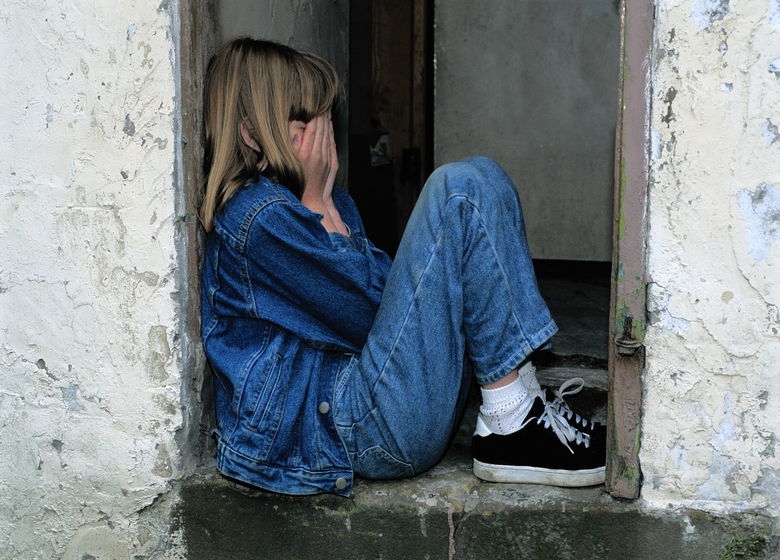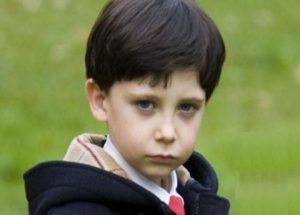Children of all ages appear to get stressed and their emotional well-being can be adversely affected. They are vulnerable to many adult mental disorders, though the symptoms can differ. Knowing what to look for and recognize signs early on can make a world of difference in how you and your family are dealing with such a situation. Scroll down to know all about mental disorders in kids.
What is a Mental Disorder?
With appropriate social and cognitive development along the way, good mental health is crucial to allowing children to fulfill their abilities to the fullest. Mental disorder is also known as a mental illness and is a health condition in which changes in thought, feelings, and behavior. It can lead to depression and difficulties in communicating with family and friends, in the workplace and in society.
Causes of Mental Disorders In Kids
A combination of factors like genetics, hereditary conditions, emotional disorders, and a stressful environment is known to bring in. For most mental illnesses, one specific cause cannot be identified.
1. Genetics
Mental illnesses can be passed on to generations, and those children with parents or grandparents with a mental illness background are more vulnerable to it.
2. Psychological Trauma
Emotional, physical, or sexual abuse or neglect can contribute to psychological trauma resulting in some mental illness.
3. Biology
An imbalance in brain chemicals, known as neurotransmitters, is to blame the brain or birth defects for certain mental disorders as well as trauma.
Symptoms of Mental Disorders In Kids
Most children’s mental illnesses are often ignored and left untreated. Here are some signs and symptoms to be taken into account:
1. Strong Feelings
These are emotions that seem to overwhelm your child and have no basis whatsoever. These might be accompanied by a fast heartbeat or a quick breath. They are characterized as intense fear or anxiety that interrupts normal daily functions.
2. Problem Of Concentration
The inability to sit still or focus on one thing can lead to a decline in success at school or in a sport.
3. Unexplained Aches and Pains
Many kids with mental disorders may have headaches and stomachaches instead of emotional signs, unlike adults.
4. Self-Harm
In some cases of mental disorders, the children may use acts such as cutting or burning to injure themselves. Such kids can harbor suicidal thoughts or try to take their own lives.
Types of Mental Disorders in Kids
A combination of medicine and psychotherapy can be used to treat many mental illnesses. Here are some common mental disorders in children:
- Attention Deficit Hyperactivity Disorder(ADHD)
- Elimination Disorders
- Anxiety Disorders
- Schizophrenia
- Tic Disorders
- Eating Disorders
- Elimination Disorders
Diagnosis Of Mental Disorders In Kids
Kids are vulnerable to the same mental illnesses which are susceptible to adults. But when it involves children, it is much easier to get a diagnosis because children still go through different phases of emotional and physical growth and development. The doctor should concentrate on the child’s signs and symptoms, as well as tests from physicians, psychologists, or behavioral counselors for treatment. There is no simple test of mental illness, so the doctor will also need data on the history of medical problems, the likelihood of abuse, and family history of any mental illness.
Treatment
The treatment will be ongoing and will rely on the diagnosed condition and what is likely to benefit the child better. For some, a combination of the following therapies works best.
1. Medicines
Alone or used with therapy, medications are beneficial in the treatment of children. In children with mental disorders, antidepressants, antipsychotics, anti-anxiety medications, stimulants, and mood-stabilizing drugs are prescribed.
2. Creative Therapy
This is especially beneficial to young children who are not as articulate as older children and require art therapy or play therapy to help them better communicate their thoughts and feelings.
3. Psychotherapy
It includes counseling by qualified professionals in mental health to help children cope with their symptoms, emotions, and behavior. The types of psychotherapy are social, family, cognitive-behavioral, relational, and group therapy.
Prevention
Various factors are associated to cause mental disorders in children and therefore cannot be completely avoided. Yet early detection of symptoms and the urgent quest for treatment will help to effectively manage mental disorders and prevent future debilitating consequences.
Mental illness is nothing to be ashamed of and can affect everyone regardless of gender, class, and religion. As a parent acknowledging and recognizing that your child has a mental disorder may be difficult for you. But it is half the battle won to identify this issue and seek help for your child at the earliest. Never forget that mental disorders can be handled and there is light at the end of this path, although it may be a long, dark journey.
Also Read: Know All About Schizophrenia In Children













